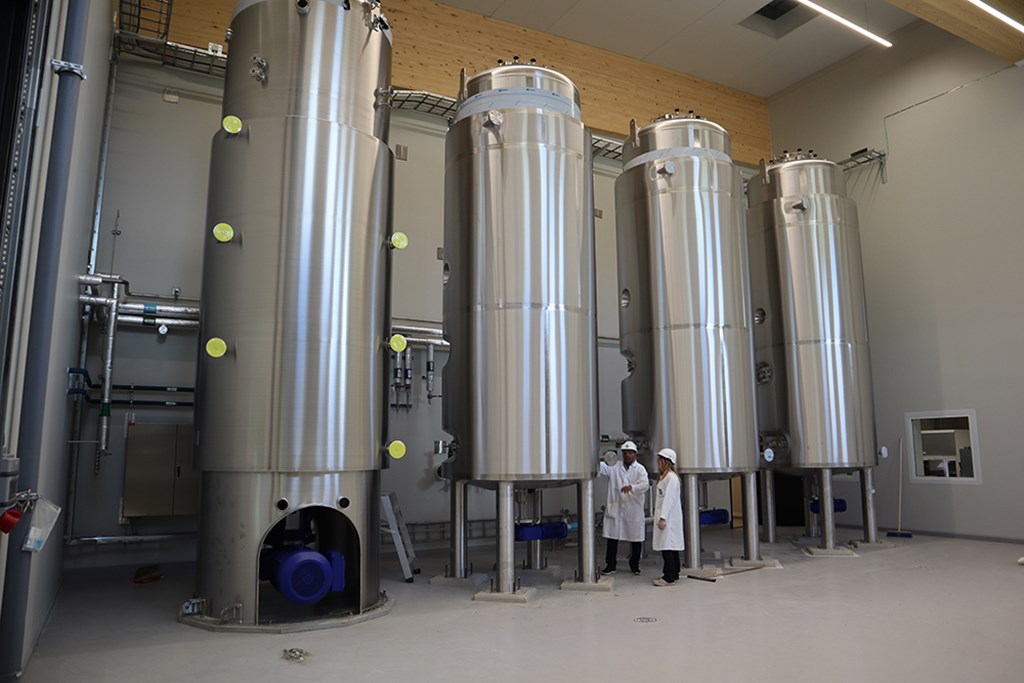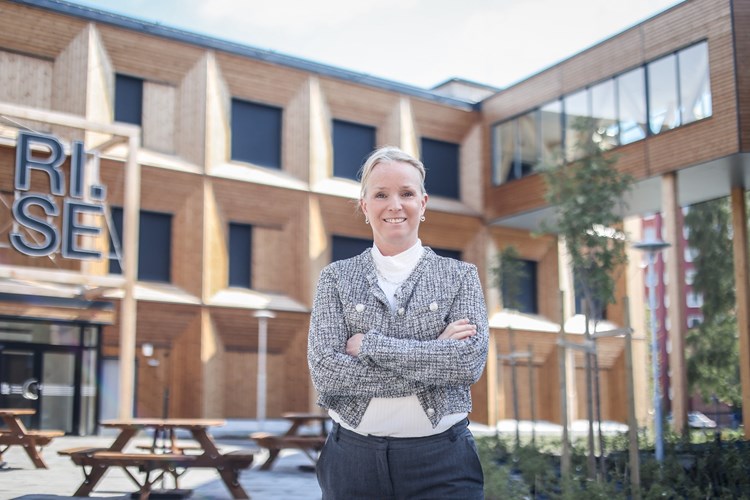
Green Testbeds Part 7: Turning Residual Streams into the Resources of the Future
As part of our series on test and demo environments in northern Sweden, we visit Örnsköldsvik, where Processum Biorefinery Cluster is helping companies transform residual streams from the forestry, food, and agricultural industries into valuable new resources. With advanced testbeds, biotechnology expertise, and international collaborations, they are driving the shift toward a circular bioeconomy.
--------
Turning Residual Streams into the Resources of the Future
Processum Biorefinery Cluster has emerged as a key partner for companies looking for innovative ways to make use of materials that were previously considered waste. By combining cutting-edge testing facilities with deep expertise in chemistry and biotechnology, the cluster is turning challenges into opportunities.
“All of this started with the forestry industry, but today we work with much broader flows,” says Karin Johnson, CEO of RISE Processum AB. “If you can handle forestry raw materials, you can also handle agricultural streams. Our focus is helping companies build new value chains from what was previously considered waste.”
Since 2019, RISE Processum AB has increasingly focused on biotechnology, continuing to develop both expertise and infrastructure for creating new chemical processes. One of the latest investments is an advanced fermentation testbed, where residual products can be turned into proteins and oils for both food and feed.
“We recognized early the potential of using residual streams from the food industry. A concrete example is peas, where we’ve been able to concentrate the protein content to create better plant-based foods. This area is more relevant than ever given concerns around food supply and resilience,” explains Karin.

Karin Johnson, CEO of RISE Processum AB, leads efforts to transform residual streams into new resources and develop testbeds for a circular bioeconomy.
Meaningful Impact
Processum Biorefinery Cluster has also developed protein feed from forestry residues. Collaborating with fish farmers, they have shown that fish grow just as well on this alternative feed as on traditional fish feed, which often has a negative impact on the oceans.
“This work feels really meaningful,” says Karin. “These are tangible results showing how innovation can directly contribute to sustainable development.”
To accelerate progress further, Processum Biorefinery Cluster has built a high-capacity platform capable of screening up to 60,000 microorganisms simultaneously—a process that traditionally could take decades.
“Developing industrial microorganisms can normally take 20 years. Our platform allows us to drastically shorten that timeline. It’s extremely exciting for both us and the companies we work with,” says Karin.
Growing International Interest
Processum Biorefinery Cluster has also gained significant international recognition. It is now part of the European IBISBA network, connecting leading research organizations in bioeconomy and infrastructure.
“Through IBISBA, companies gain access to international expertise and advanced testing environments. We’ve noticed growing international interest and receive many inquiries thanks to the network,” says Karin.
Expanding Opportunities with the Pilot Hall
In RISE’s new pilot hall in Örnsköldsvik, inaugurated in October 2024, companies can even install their own test infrastructure in container format—a solution already used by several clients. One example is C-Green, which collaborated with Processum Biorefinery Cluster to convert sludge into biochar—a solution now scaled commercially at Stora Enso in Finland.
“This shows the real difference our infrastructure can make for small and medium-sized companies,” says Karin. “We help them test ideas and compete on the international stage.”
Click here to read more about RISE Processum!
More articles in the series:
Green Testbeds Part 1: Reselo and the Future of Rubber Manufacturing
Green Testbeds Part 2: BTC in Umeå Attracts Global Customers
Green Testbeds Part 3: Skellefteå Prepares for the Future of Sustainable Aviation
Green Testbeds Part 4: Alder Olmai Challenges the Textile Industry
Green Testbeds Part 5: The ACE Building – A Platform for Local and Global Expertise
Green Testbeds Part 6: Collaboration with RISE a Key Factor for PulpEye
